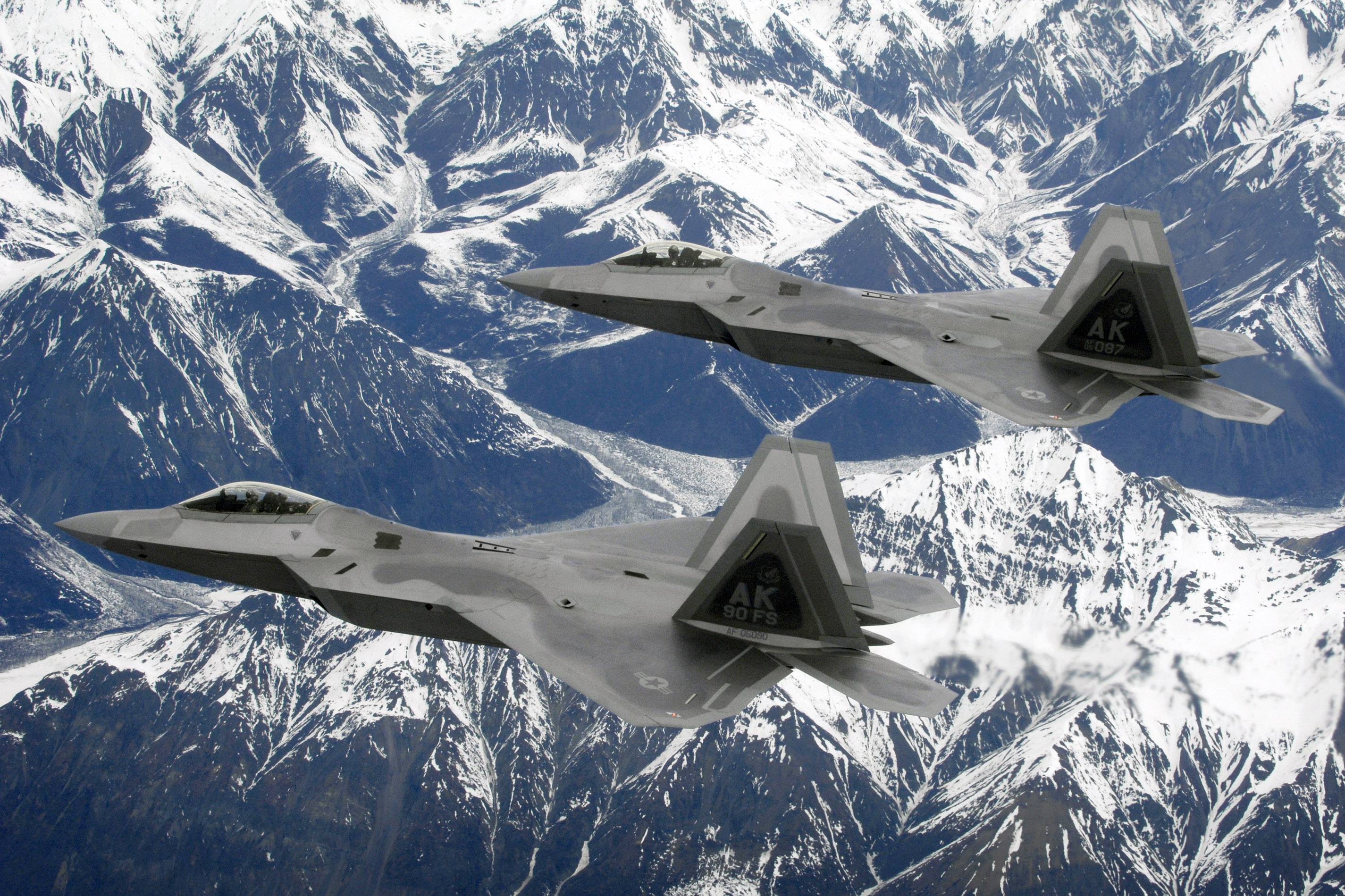As United Nations-led negotiations continue in Morocco, questions about the viability of a unified Libyan government continue to permeate discussions on the North African state’s future. Many, including the United States, believe that a unified Libyan government holds the most viable option in confronting the terrorist groups that have taken root there.
Indeed, the US issued a joint press release with France, Germany, Italy, Spain, and the United Kingdom on March 21 which stated that the negotiations in Morocco provides the “best hope” for Libya’s struggle with violence and instability that has hampered progress since the 2011 revolution which led to the downfall of Muammar Gadhafi.
The United Nations shares this sentiment as well, with the head of the UN Support Mission in Libya (UNSMIL) Bernardino Léon stating that “Only this agreement, only this unity government, these decisions taken by all the actors, the political and the military, the armed groups, will give a chance to Libya to get out of the crisis.” The United Nations is calling these negotiations a “decisive moment” in a drawn-out series of talks tailored to end fighting in Libya. At the head of these talks, UNSMIL’s Léon is not hopeful should the pattern of disagreements between warring factions continue.
2015 has not been kind to Libya, with the civil war being further complicated with the actions of the Islamic State heightening the amount of division between warring groups. While the Islamic State’s presence in Libya was not a shock, the increased attacks in recent months have spurred many actors into discussions surrounding potential solutions.
What is clear, however, is that any solution to Libya’s strife must include a unified government. No one is fooled into thinking that this is an easy task; as Foreign Policy’s Mohamed Eljarh notes, Libya “…looks less like a country inspired by the promise of democracy than a textbook example of a failed state.” A unified government would be a step in the right direction for Libya, but many believe that the time is not right for an intervention if the current round of peace negotiations are as unsuccessful as those prior.
The foothold that the Islamic State has gained in recent months is evidence enough that without a unified government, Libya’s strategic placement in the region will only continue to attract additional fighters. The Islamic State’s current foothold in the cities of Sirte and Derna is (while sometimes overstated) demonstrates its commitment to the region – one that would amplify effects in Syria and Iraq as recruits are drawn in and supply routes utilized.
What has been overshadowed as of late by the Islamic States’ advance into Libya, however, is the complicated history that allowed the events of the past four years to take place. Deep tribal divisions kept Qaddafi’s vision of a unified country at bay, despite the discovery of oil and the modernization in Libya’s major cities. Many have pointed out that the “low sense of political community” that Libyans held during Qaddafi’s rule left them as bystanders to social and political processes.
With Qaddafi gone, those deep ethnic, tribal, and geographical divisions did not disappear. Rather, they erupted as previously marginalized groups sprang into action, leading the country into the politically unstable and violent situation it is in today. This is why critics are urging Western governments to look at the bigger picture in Libya instead of focusing on counterterrorism and energy policy. With these deep-seated tensions in mind, it is easy to understand why the various groups at the negotiating table have so far failed to reach an agreement.





